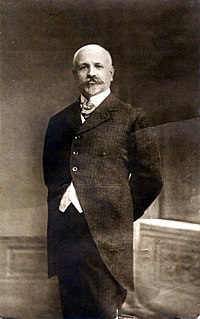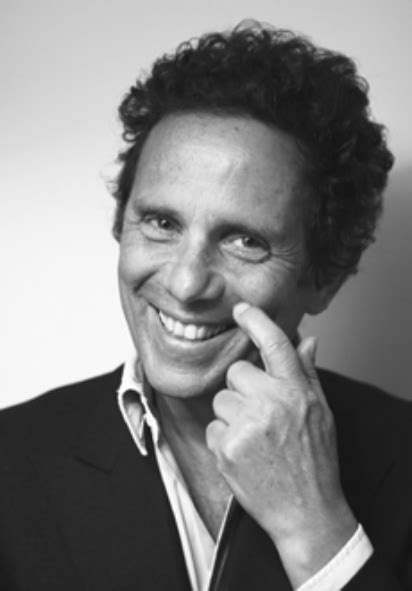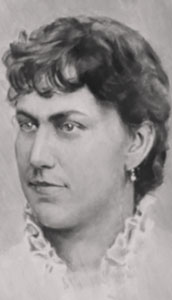A Quote by R. Buckminster Fuller
We speak erroneously of "artificial" materials, "synthetics", and so forth. The basis for this erroneous terminology is the notion that Nature has made certain things which we call natural, and everything else is "man-made", ergo artificial. But what one learns in chemistry is that Nature wrote all the rules of structuring; man does not invent chemical structuring rules; he only discovers the rules. All the chemist can do is find out what Nature permits, and any substances that are thus developed or discovered are inherently natural. It is very important to remember that.
Quote Topics
Any
Artificial
Basis
Call
Certain
Certain Things
Chemical
Chemist
Chemistry
Developed
Discovered
Does
Else
Everything
Everything Else
Find
Forth
Important
Inherently
Invent
Learns
Made
Man
Man-Made
Materials
Natural
Nature
Notion
Only
Out
Permits
Remember
Rules
Speak
Substances
Terminology
Things
Thus
Very
Which
Wrote
Related Quotes
It is paltry philosophy if in the old-fashioned way one lays down rules and principles in total disregard of moral values . As soon as these appear one regards them as exceptions, which gives them a certain scientific status, and thus makes them into rules. Or again one may appeal to genius , which is above all rules; which amounts to admitting that rules are not only made for idiots , but are idiotic in themselves.
We must destroy all which in the present school answers to the organization of constraint, the artificial surroundings by which children are separated from nature and life, the intellectual and moral discipline made use of to impose ready-made ideas upon them, beliefs which deprave and annihilate natural bent.
The only good thing about religion is the music. Because nature is filled with balances and opposites, there are always exceptions to the overall rules, whether the overall rules are bleak or otherwise. If you propound a joyous theory of existence, I will find an exception to that. If I propound a bleak theory, someone will find a joyous exception. That's just nature being nature, I think, and I don't think it offers a lot of hope. It's sort of a respite along the way.
Man wants to see nature and evolution as separate from human activities. There is a natural world, and there is man. But man also belongs to the natural world. If he is a ferocious predator, that too is part of evolution. If cod and haddock and other species cannot survive because man kills them, something more adaptable will take their place. Nature, the ultimate pragmatist, doggedly searches for something that works. But as the cockroach demonstrates, what works best in nature does not always appeal to us.
The only method of restoring the natural equality of dignity between men and women, lies in the demolishment of that elaborate theological structure which maintains that woman is made for the possession of man in a sense in which man is not made for woman, and that celibacy, per se, is a state of superior purity. Nature and common sense (not metaphysical sense) demonstrate that there is no good reason why any man or any woman should take, claim, or wield "lordship" over another.





































